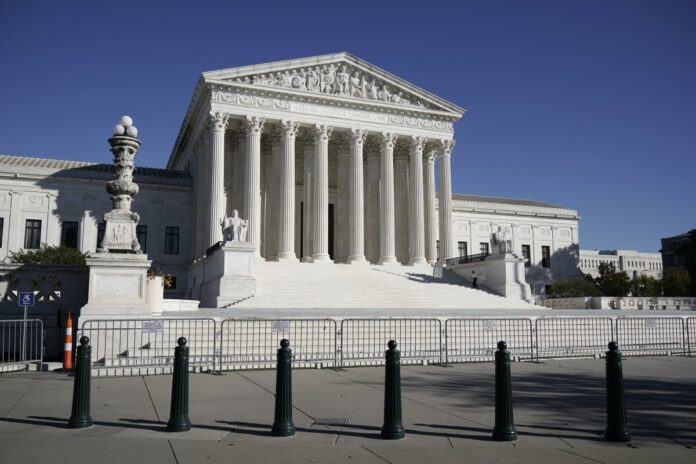The U.S. Supreme Court on Monday agreed to hear a pivotal case involving an alleged associate of New York’s Genovese crime family. This case, featuring the reputed mobster Salvatore Delligatti, aims to resolve a circuit split over whether crimes of violence can be committed through inaction, an issue affecting “thousands” of prosecutions each year.
Supreme Court Mob Case Hearing : Delligatti’s Conviction and Appeal
Salvatore Delligatti’s case was the sole one granted certiorari from a lengthy list of cases issued Monday. Delligatti contends that his conviction on a federal charge of attempted murder in aid of racketeering cannot stand. He argues it is based on a New York attempted murder charge that could be triggered by an act of omission, thereby not constituting a crime of violence. The Second Circuit rejected his interpretation, but a Third Circuit ruling to the contrary highlights a persistent division among the circuits.
Supreme Court Mob Case Hearing : The Circuit Split
The circuit split involves 10 courts of appeal, with most siding with the government’s stance. The government’s brief emphasized that without Supreme Court intervention, the circuits will remain intractably divided. The office of the U.S. solicitor general has yet to comment, while Delligatti’s attorney expressed eagerness to present their case to the Supreme Court.
Background of the Case
According to the government’s petition, Delligatti worked under Robert DeBello, a “made” man in the Genovese family. In 2014, Delligatti allegedly paid $5,000 to members of the Crips street gang to murder Joseph Bonelli, who was interfering with a Queens sports gambling operation. The crew’s attempt to kill Bonelli failed when police intervened.



